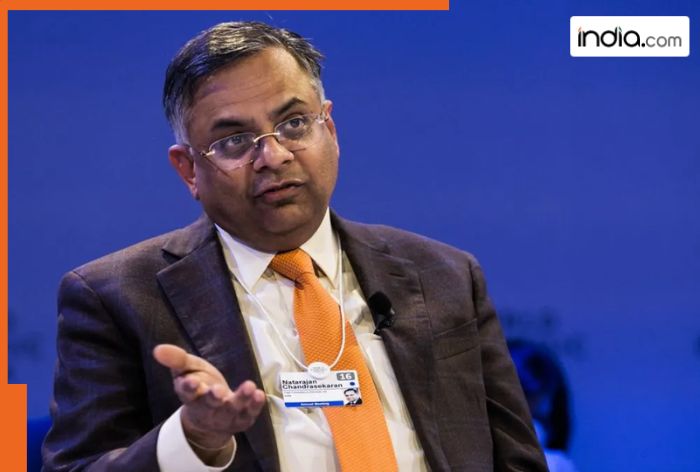Historic Extension of Leadership
The Tata Trusts have officially extended N Chandrasekaran’s tenure as chairman of Tata Sons by an additional five years. This significant decision, announced in 2025, reflects the confidence placed in Chandrasekaran’s leadership to steer the Tata Group through its next phase of growth and innovation.
Decision-Makers: The Tata Trusts
The extension was authorized by the Sir Ratan Tata Trust and the Sir Dorabji Tata Trust, the two primary philanthropic arms that collectively control 66% of Tata Sons. Their unanimous decision underscores the strategic importance of stable leadership in one of India’s largest conglomerates.
N Chandrasekaran’s Leadership Journey
Chandrasekaran became chairman of Tata Sons in February 2017, succeeding Cyrus Mistry after a high-profile boardroom battle. Since then, he has led the group through diversification, digital transformation, and global expansion, including major deals in automotive, IT, and renewable energy sectors.
Key Achievements During Tenure
Under Chandrasekaran’s stewardship, Tata Group has reported robust revenue growth, crossing the ₹15 trillion mark in recent fiscal years. The group has also focused heavily on sustainability initiatives and innovation, cementing its position as a global business powerhouse.
Implications of the Extension
The five-year extension to 2030 ensures leadership continuity and signals trust in Chandrasekaran’s vision. It provides the conglomerate with stability amidst evolving market challenges and competitive pressures, supporting long-term strategic goals.
Trivia & Quiz Facts
- Chairman: N Chandrasekaran
- Tenure Extension: Five years, until 2030
- Decision by: Sir Ratan Tata Trust & Sir Dorabji Tata Trust
- Control of Tata Sons by Trusts: 66%
- Revenue Milestone: Tata Group crossed ₹15 trillion under Chandrasekaran
- Start of Tenure: February 2017
Conclusion
The Tata Trusts’ extension of N Chandrasekaran’s term as Tata Sons chairman solidifies a stable leadership era. It marks a continued commitment to innovation, growth, and the conglomerate’s philanthropic ethos, setting the stage for the next decade of Tata’s evolution.
Source: India

